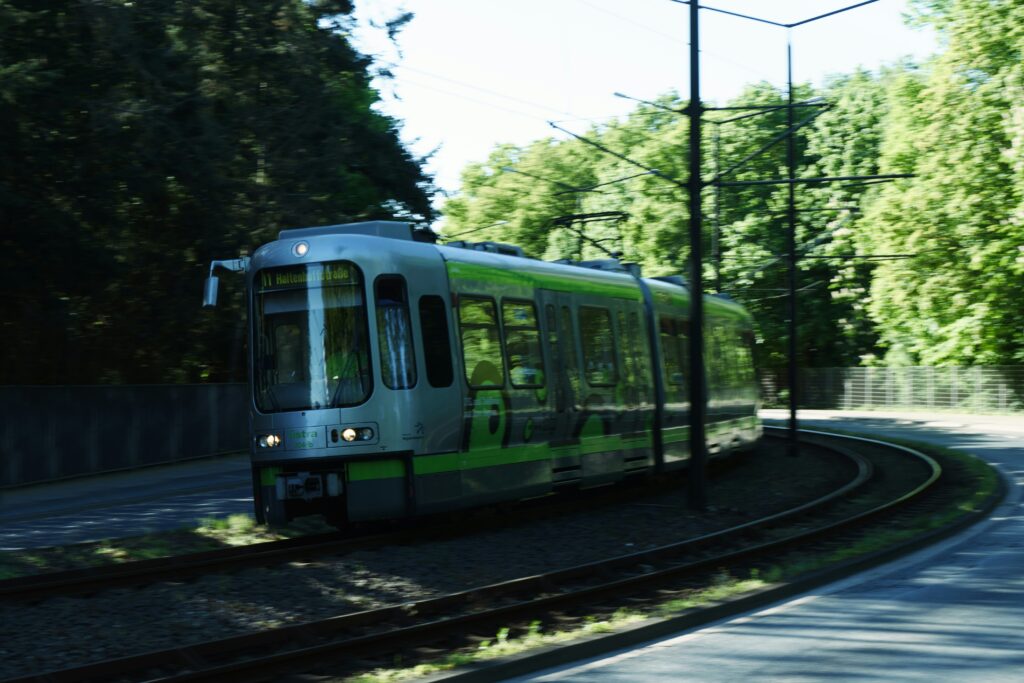Make Procurement a Green Demand Engine
Europe can decarbonise faster by simplifying how public buyers award tenders, not by multiplying rules.
Public procurement sounds technocratic until you remember the scale, roughly €2 trillion a year, or 14% of EU GDP. At a debate on “Green Procurement Union”, hosted by Bruegel, a European think tank specialising on economic issues, that figure became the frame for a more basic question: how do we turn the EU’s purchasing power into a market signal for cleaner industry without breaking budgets or the single market?
Economist Francesco Nicoli opened with the numbers and a warning. Procurement itself touches about 10% of EU emissions; greening it could move the needle. But Europe faces a three-sided squeeze, decarbonisation, budget and price stability, and strategic autonomy. Green supply chains in Europe remain limited, with many inputs are cheaper from China. Paying a premium to onshore capacity stresses public budgets, yet ignoring autonomy risks dependence.
It must be stated that, European citizens are in favour of sustainable procurement. Nicoli surveyed 9,000 people across six countries, including France, Spain, Italy, and Germany, finding that a majority of respondents think governments should buy sustainable products even if cheaper options exist. The mandate for greener buying is there; the method is missing.
In Parliament, that method is inching into view. MEP Anna Cavazzini, who chairs the internal market committee, put it bluntly: “Everyone agrees we need more strategic procurement.” The lowest-price reflex no longer fits the Union’s climate and competitiveness goals. What Cavazzni emphasised, was the need for legal certainty for thousands of town halls and agencies. Many authorities want to buy greener but “fear being sued” if they deviate from the cheapest bid. The shift she backed was from sticker price to lifecycle cost, paired with calibrated “European preferences” where unfair competition persists. In other words, reward the cleaner offer that proves it will cost less over time.
From the Commission, Marta Toporek stressed direction over theatrics. “Our ambition is not to deregulate… Our ambition is to simplify, also to clarify.” Today, labels are under-used because contracting authorities worry about equivalence challenges, and data are scattered across local and national platforms. Fragmentation shrinks the single market; simplification should expand it through common criteria and machine-readable guidance, digital standards and datasets that can be automatically processed by procurement systems to ensure consistent application, that any buyer can rely on.

Philanthropy pushed the same way, but in plainer language. Someone from the audience coined the meeting’s most useful phrase: “tools, not rules.” As Oliver K. Saltoft from European Climate Foundation indicated, the green definitions already live in sectoral laws, construction products, eco-design, and buildings. Procurement should bind them together by rewarding verifiable carbon performance at the award stage of contracts, not by excluding swathes of firms at eligibility. That preserves competition, moves industry to compete on emissions as well as price, and, crucially, lets authorities justify greener awards without drowning in paperwork. “We need to reward investments in decarbonisation,” Saltoft argued, accepting that “green premiums are inevitable,” but manageable if bids compete on price-plus-carbon across borders.
Nicoli’s own recommendations follow the same logic but add discipline. Keep procurement consistent with Europe’s Emissions Trading System (ETS) and Carbon Border Adjustment Mechanism (CBAM) so policies don’t undercut each other. Avoid disrupting local supply by over-stringent eligibility tests that exclude newer or smaller suppliers, concentrating awards among a few dominant firms and risking the creation of oligopolies. Keep competition open at the award stage so any qualified firm can bid, but let cleaner bids win on weighted criteria. Leverage the single market with shared rulebooks and standardised platforms so a criterion recognised in Bologna is valid in Brno. And use joint procurement to form lead markets. When dozens of cities buy low-carbon steel or heat pumps together, manufacturers finally see the demand to invest in European capacity. None of this is glamorous, but it is how a €2 trillion lever moves.
If there was disagreement during the debate, it was about emphasis rather than direction. Practitioners cautioned against overloading the directive with climate theory; Cavazzini warned simplification must “build on, not de-build” sectoral gains; Toporek reminded everyone that clarity also means resourcing buyers; and Nicoli conceded that the optimal combo, product-level criteria applied at award, is the most complex to administer unless the EU supplies standard templates, calculators (for life-cycle cost and product CO₂e/impact scoring) and data.
My take is that public money should be directed toward building public services sustainably. When schools, hospitals and cities buy kit, they shouldn’t be forced to chase the lowest sticker price. They should be free to pick the offer that pollutes less and treats workers fairly, pays decent wages, trains apprentices, keeps production rooted in Europe.
What would that look like in practice? Give every buyer a simple, shared toolkit: clear default weightings for climate and social value, trusted labels that are safe to use, and an EU-wide portal that shows the real footprint of competing bids. As Francesco Nicoli put it, back it up with joint purchasing so towns and regions buy together and get better a deal. Do that, and a small municipality can choose the cleaner, fairer bid without fearing a lawsuit. That’s how public procurement starts shaping markets in the public’s interest, not the other way around.